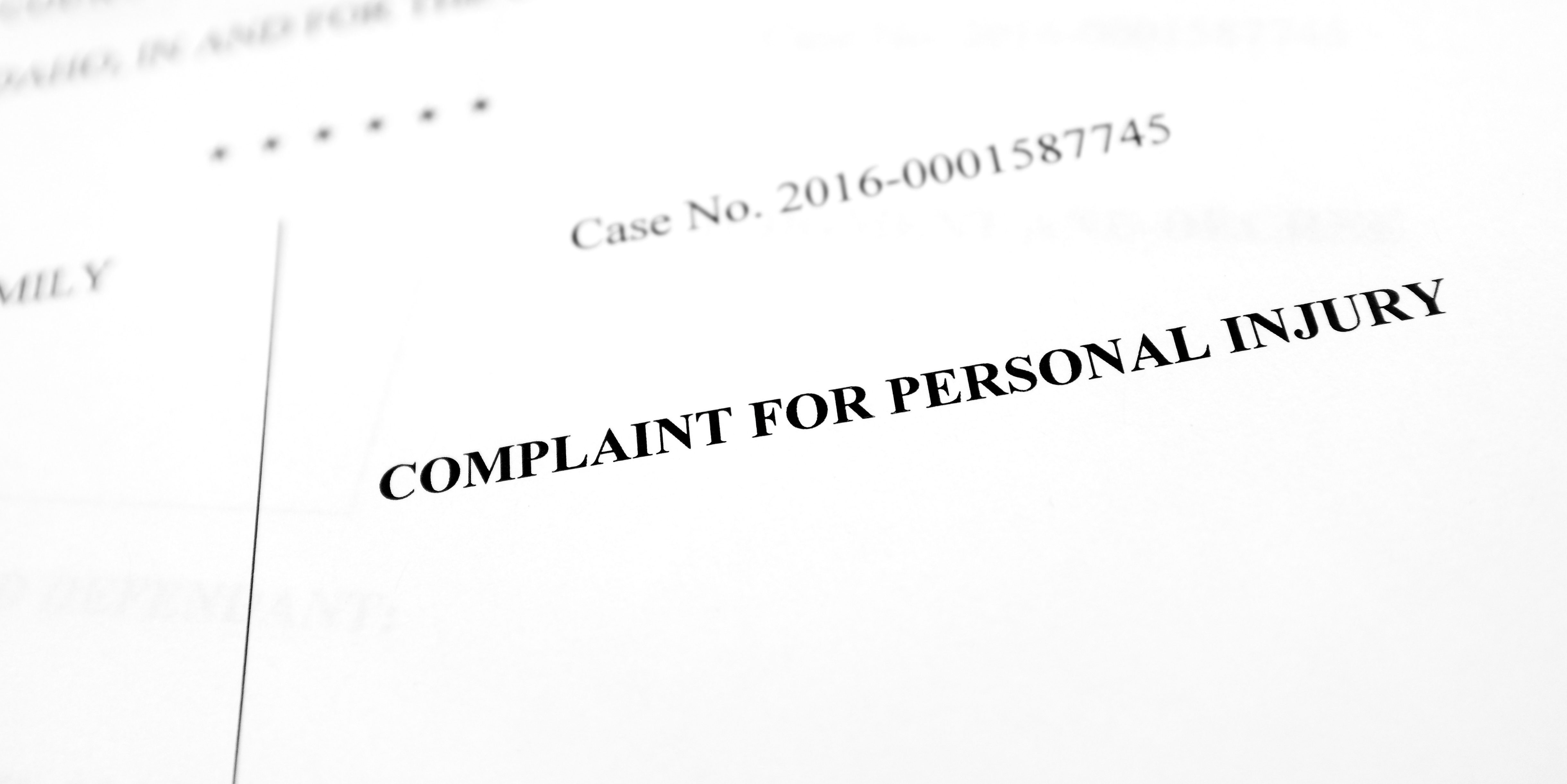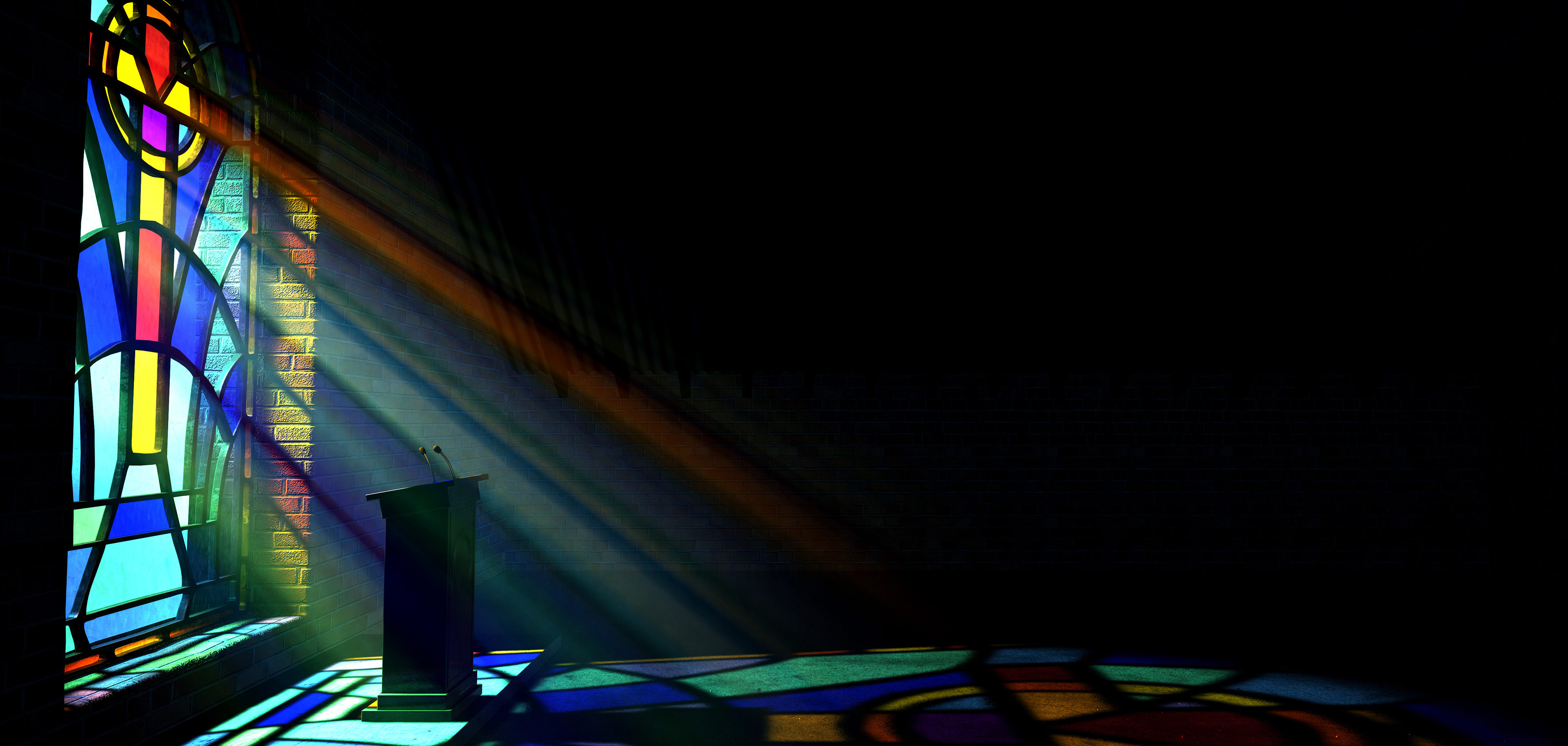
For many survivors of sexual abuse, it can take years to summon the courage to come forward against their abusers, let alone take steps to bring a civil case against them in court. In that regard, time limits for bringing legal action against these types of incidents seem cruel. The statute of limitations is a deadline for pressing criminal charges or filing a civil proceeding seeking compensation. But when you’re the victim, the statute of limitations can be a hindrance to seeking compensation.
In recent years, California has been among the most progressive states in loosening the laws governing the statute of limitations on serious crimes, particularly rape. And while the current statutes are still complex and may be confusing, in this article, we’ll do our best to help you understand it all.
What Is Considered Statutory Rape in California?
Rape is defined as unlawful sexual intercourse, regardless of the victim’s age. Statutory rape, as defined by Penal Code 261.5, occurs when any person engages in unlawful sexual intercourse with a person under the age of 18 who was not their spouse at the time of the intercourse. Statutory rape is a crime regardless of whether the sex was consensual or allowed by the minor. The crime is also referred to as “unlawful sex with a minor” or “unlawful sexual intercourse.”
By California law, the bigger the age gap, the stiffer the penalty. For example, an adult who engages in an act of unlawful sexual intercourse with a minor less than two years younger than them is liable for a civil penalty of up $2,000. But an adult over the age of 21 years who engages in an act of unlawful sexual intercourse with a minor under 16 years of age is subject to civil fines up to $25,000 and possibly felony statutory rape charges.
Oftentimes, statutory rape is thought of as an incident occurring between an adult perpetrator and a young child. However, the law also applies to high school-age couples, for example, where one person has reached the age of majority and the other has not, as well as couples who are both minors. California law does not give minors the legal authority to consent to sex. Two minors involved in sexual activity are guilty of a misdemeanor offense under PC 261.5, which is typically handled by juvenile courts.
Statutory Rape and Statute of Limitations in California
Statute of limitations laws have been part of the U.S. legal system since the nation’s founding. As the LA Times puts it: “They seek to balance public safety and victims’ rights against the rights of the accused, the latter of which might be compromised over time as evidence is lost and memories fade.”
Criminal and civil proceedings are treated differently by law and different timelines apply. But in either case, statute of limitations deadlines are put into place to ensure a case goes to trial with the best evidence possible. If you’re a survivor of statutory rape, statute of limitations laws may not apply to your situation. California has vowed to prosecute all rapists, no matter how long ago the crimes occurred. Before September 2016, the statute of limitations in California for rape and sex crimes was 10 years. Thankfully, things have changed.
When Can I File a Civil Proceeding for Statutory Rape in CA?
One of the goals of civil litigation is to compensate individual victims for their financial and emotional losses. With ever-changing state legislation, your deadline for filing a civil lawsuit depends upon when the abuse occurred. According to Section 340 of the Civil Code, “In an action for recovery of damages suffered as a result of childhood sexual abuse, the time for commencement of the action shall be within eight years of the date the Plaintiff attains the age of majority [age 18] or within three years of the date the Plaintiff discovers or reasonably should have discovered that psychological injury or illness occurring after the age of majority was caused by the sexual abuse, whichever period expires later.”
When Can I File Criminal Charges for Statutory Rape in CA?
As of January 2017, SB 813 went into effect in California, ending the 10-year statute of limitations on pursuing criminal charges for rape and child molestation cases. The state is in league with 16 others that have abolished the deadline without preconditions. Pressing criminal charges aims to put guilty offenders behind bars for crimes committed “against the state.” Rape survivors can both file a civil proceeding and press criminal charges in most cases.
- PC 261.5(b) allows one year to press misdemeanor charges when the two people involved are less than three years apart in age difference.
- PC Section 803(g) allows prosecution of statutory rape within one year of identifying the suspect through DNA evidence or within one year of filing a police report if the contact was substantial and there is substantial evidence to corroborate the account.
- PC 261.5(c) allows three years to press misdemeanor or felony charges if the two people involved are more than three years apart.
- Prior to January 1, 2017, PC 288 allowed up to 10 years after the victim’s 18th birthday to press criminal charges for statutory rape.
If your incident of sexual abuse occurred after January 1, 2017, there is no time limit on when you can press criminal charges against your perpetrator.
Finding a Lawyer to Help
Now that you’ve been made aware that there is no statutory rape statute of limitations in California, it can be challenging to decide whether to press criminal charges or file a civil suit. If you’ve already decided, there is still a legal maze of paperwork that requires the aid of the right attorney. Whether you are an adult victim or the parent of a victimized child, the aftermath of statutory rape may take you through the full gamut of emotions—but you don’t have to go through it alone. An experienced legal representative can act as your advocate, providing counsel and empowering control over the course of the proceedings.
Working with a California attorney who specializes in sexual abuse cases is about more than legal advice and paperwork. Lawyers can also point you in the right direction for seeking medical attention, connecting with crisis social workers and counselors, dealing with insurance issues, and getting your life back in the wake of disturbing events that were beyond your control.
DISCLAIMER: The information in this blog is provided for general informational purposes only, and may not reflect the current law in your jurisdiction. No information contained in this blog or on this website should be construed as legal advice from Lewis & Llewellyn LLP. Neither your receipt of information from this website, nor your use of this website to contact Lewis & Llewellyn LLP creates an attorney-client relationship between you and the firm or any of its lawyers. No reader of this website should act or refrain from acting on the basis of any information included in, or accessible through, this website without seeking the appropriate legal advice on the particular facts and circumstances at issue from a lawyer licensed in the recipient’s jurisdiction.











